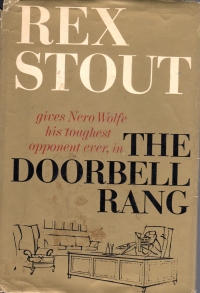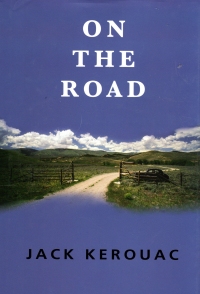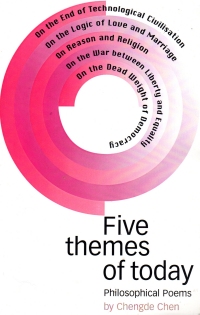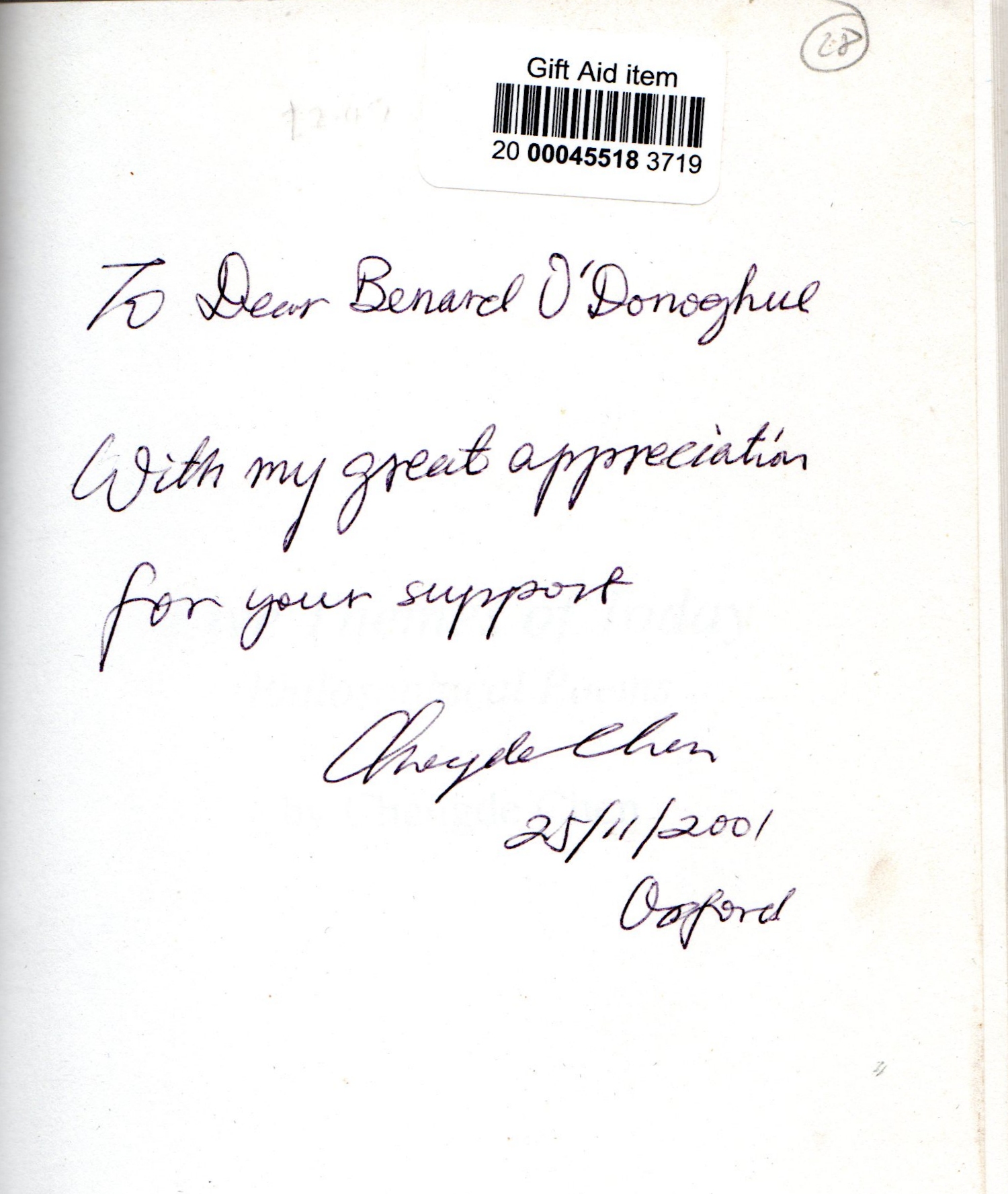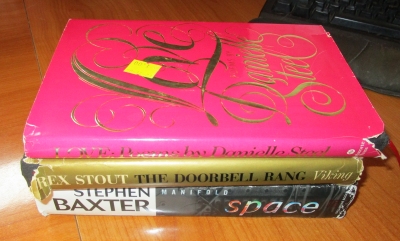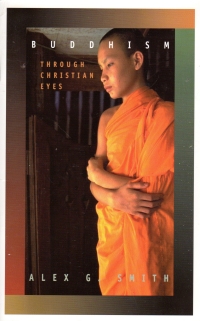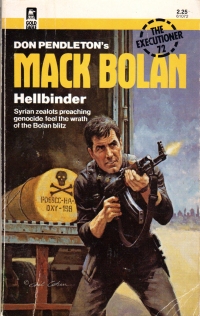We were at the dinner table, and she wanted to make a point to our ten-year-old who is working on his first big paper type school project. She wanted to illustrate how nonfiction works were structured.
I was on the spot, and I blinked. I couldn’t tell her the last nonfiction book I read.
As you know, gentle reader, I keep a log of the books I’ve read in a year and most of the time post a little bit of a book report on this here blog so that I can look back upon it at some future time and remember it. Sometimes, I get to the end of the year, and I look back over the list and recall a book I read that I was sure must have been years ago. Other times, I look at previous years’ lists and think, I read that book how many years ago?
I’ve only read sixteen books or so this year, but when she asked me for the last nonfiction book I read, I was temporarily flummoxed. The books I’ve read this year that leapt out at me are the fiction: On the Road, A Tree Grows in Brooklyn, and a couple of Executioner novels. And, uh….
As you might recall, gentle reader, I sometimes have been known to pick up a book and start reading, get a bit of deja vu, and then discover I have actually read the book before. This tends to happen more frequently with the almost-interchangeable series fiction you get from Ed McBain or, lately, John Sandford. I don’t tend to get that from nonfiction, though, because I don’t read a lot of it. Well, it depends upon what you mean by nonfiction.
I mean, I’ve been reading some theology of late, and by “of late,” I mean the last year or so. I can hit some of the high points of my reading: Books on Kierkegaard, a book by Kierkegaard (Don’t believe me? this and this and this) and some other theology sorts of books. But my beautiful wife tends to read nonfiction books with a practical point or biographies/memoirs/inspirational books. I read collections of essays, which are nonfiction, but not illustrative of how to write a scholarly paper.
The question cut to a bit of fear I have: I read a bunch, but if I don’t remember it, what’s the point? Am I not just wasting time I could spend on more important things, like painting the living room? I might as well be watching television.
But, aside from the series fiction and especially the men’s adventure fiction I read (What happened in the book? Mack Bolan went somewhere and killed some mafia, terrorists, or KGB –or all of the above) and some of the poetry chapbooks I flip through during football games, I do remember the content of most books. I can tell this by reviewing the lists: I can remember most of them when prompted by the title and the author. Or I can look over most of the books on my bookshelves (contemporary genre fiction notwithstanding) and remember most of it. Or, if we’re talking about something other than the last nonfiction book I read, I can say something intelligent about a topic I’ve read about.
But ask me the last nonfiction book I read can quite leave me sputtering. It probably doesn’t help that I’m reading multiple books simultaneously, finishing them willy nilly, and then revisiting them to write up on my blog in a different order than I read them.
So I’m pleased to announce that I am not losing memory because I’m getting older. I just have more memories to sift through. And my books are not stored in chronological (or chronologically as read) order in my head. I’m also not only getting older, I’m gaining more and better excuses for memory lapses.
And, for what it’s worth, the last nonfiction book that I read (completed) that is not a collection of essays was Training African Grey Parrots. Which is about raising parrots, and basically the lessons are the same as raising dogs: Take time every day with them, be patient, and have a bottle of the quick stop bleeding stuff if you’re going to trim their nails.



 The older gentleman has a grandson who attends school with my boys, and we occasionally exchange words about the weather or whatnot as we stand in front of the school awaiting the emergence of our respective progeny. Another topic of the infrequent exchanges is how fast the children are growing, and how big they will be soon. When speculating on it, he noted that his grandson is bigger than he is and that the lad will be pretty big indeed. He assessed my size and proclaimed my children would be tall, too.
The older gentleman has a grandson who attends school with my boys, and we occasionally exchange words about the weather or whatnot as we stand in front of the school awaiting the emergence of our respective progeny. Another topic of the infrequent exchanges is how fast the children are growing, and how big they will be soon. When speculating on it, he noted that his grandson is bigger than he is and that the lad will be pretty big indeed. He assessed my size and proclaimed my children would be tall, too.